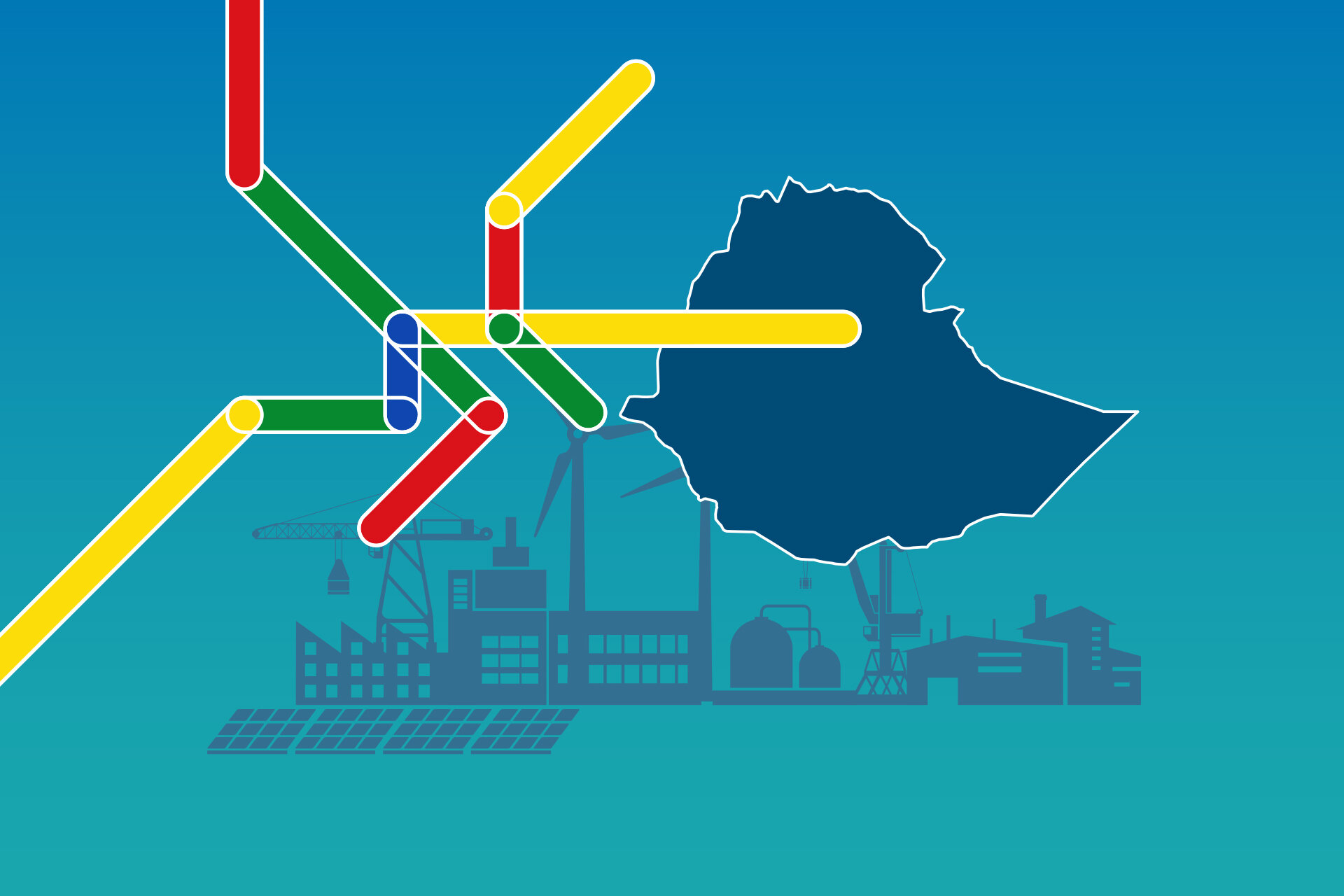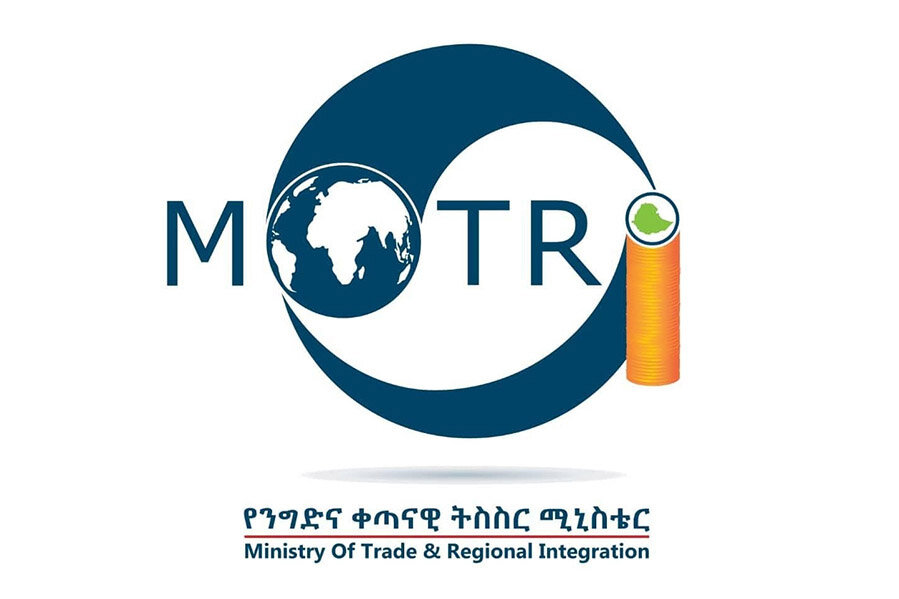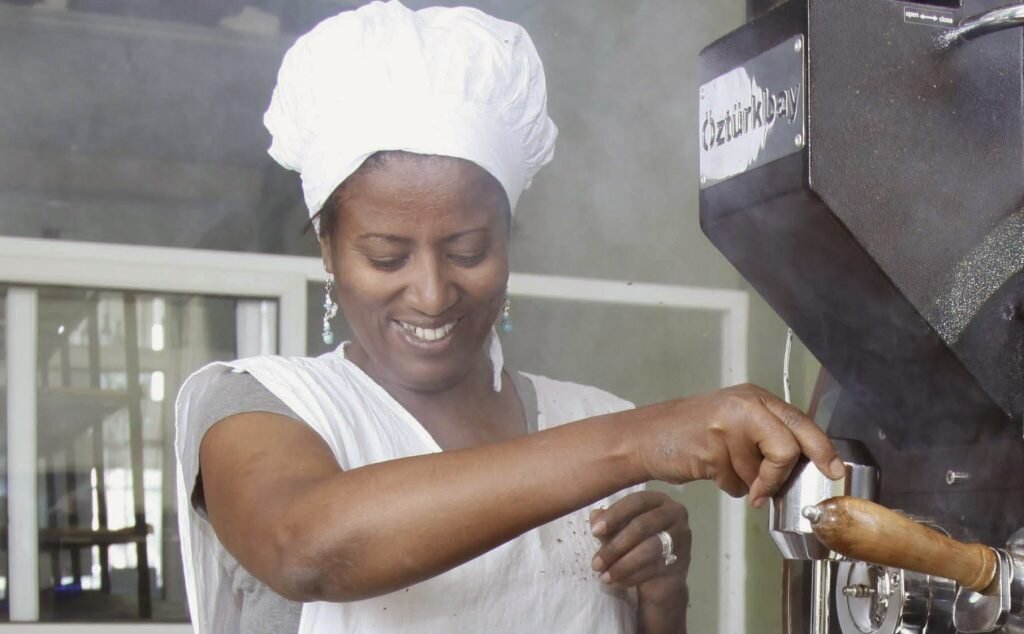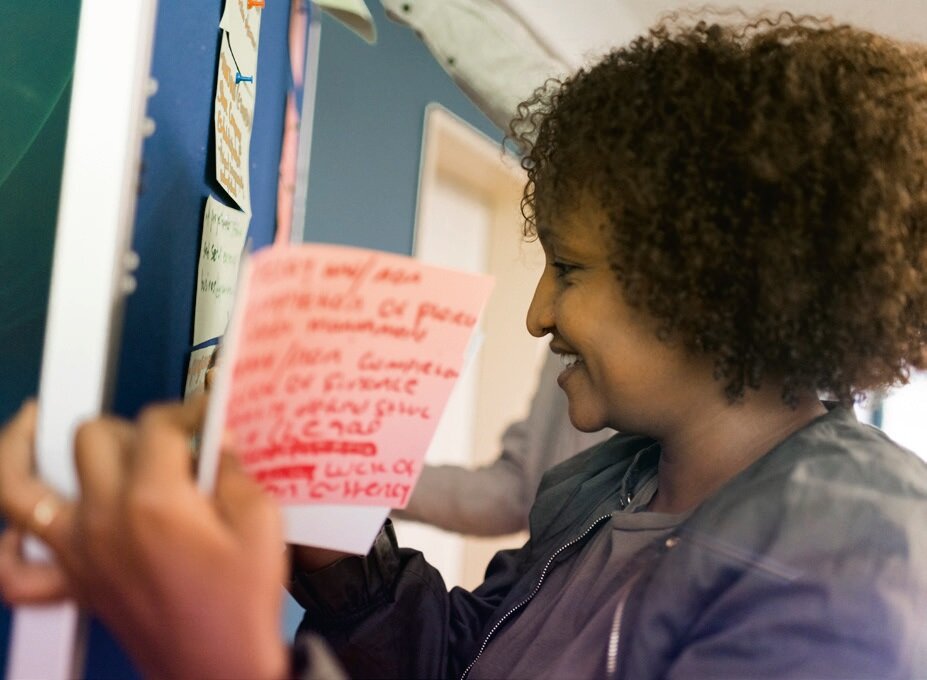Ethiopia

Information about the partnership
Partner country since 2019
Participants in the programme to date: 61 executives
Political partner for the Federal Ministry for Economic Affairs and Climate Action: Ministry of Trade and Regional Integration (MOTRI) of the People’s Democratic Republic of Ethiopia
With approximately 130 million inhabitants, Ethiopia is Africa’s second most populous country and has the third-largest economy in Sub-Saharan Africa, behind Nigeria and South Africa. German companies are particularly interested in the country’s large internal market and in business opportunities in agriculture, the food industry, construction and energy. Germany is one of the world’s largest purchasers of Ethiopian goods, importing in particular coffee and textiles.
Partnering in Business with Germany is open to managers from all sectors. Ethiopian companies are looking to partner with German companies especially on trade with oilseeds, pulses and coffee. In addition, they are looking for machinery used for food processing, packaging, motorised vehicles, chemicals and medical devices.
The alumni work is still in its infancy. A first networking event is being planned for the end of 2024.
News
Your contact in Ethiopia
Ethiopian Ministry of Trade and Regional Integration (MOTRI)


